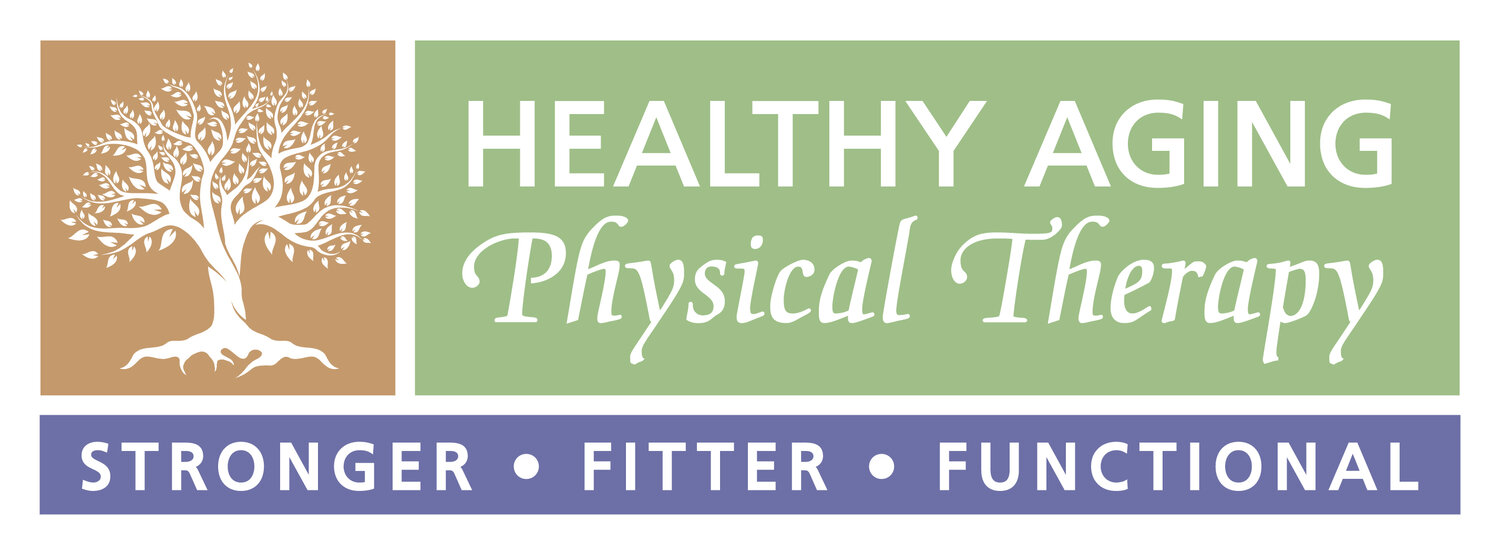The Science of Socialization
By: Dr. Katie Wadland, PT, DPT, Board-Certified Geriatric Clinical Specialist
Owner: Healthy Aging Physical Therapy
Earlier this month, I returned from a very special trip: a full week away in Sedona with my best friends — my college roommates. Since meeting back at ‘the turn of the century’ (how ridiculous does that sound ?1?), our lives have taken us in many different directions: new careers, marriages, divorces, losses, love, babies, teenagers (😫) moves across states - even moves across oceans! And like many adult friendships, the day-to-day demands of life often mean that we go far too long without seeing each other face to face.
But no matter what else is happening in our lives, we've remained religious about one thing: scheduling our annual girls weekend. Even when it’s just a long weekend over the summer, we’ve kept the tradition alive. This year was the first time we carved out a full week — and let me tell you, it was pure magic.
More than the hikes, the incredible views, or the late nights laughing until we cried, what made it so meaningful was simply the connection. That feeling of being truly known, truly supported, and truly in the moment with people who have walked beside you through all of life’s changes. And it reminded me how critical — and how scientifically essential — social connection is for our health.
What Happens Inside Your Body When You Connect
When we connect meaningfully with others, it’s not just a "nice feeling" — our bodies actually respond biologically:
Oxytocin, sometimes called the “bonding hormone,” is released, promoting feelings of trust, belonging, and relaxation.
Levels of cortisol, our main stress hormone, decrease when we engage in positive social interaction, helping reduce inflammation and boost immune function.
Dopamine and serotonin — the "feel good" neurotransmitters — increase, improving mood, energy, and even pain tolerance.
Meaningful social interaction can even lower blood pressure and support cardiovascular health over time.
In short, connection is not just emotional — it’s chemical. Your brain and body are wired to thrive on human interaction.
(Source: Harvard Health Publishing, 2021; National Institutes of Health, 2022)
How Our Social Networks Change Over Time
It’s also normal that how and when we socialize evolves throughout life:
As children, friendships are constant and casual, woven into daily school and playtime.
In adolescence, friendships intensify, shaping identity and emotional development.
As new parents, social circles often shrink, with focus centered on caregiving and family demands.
In midlife and later adulthood, social opportunities can decline as retirement, relocation, health issues, or caregiving responsibilities arise.
Without mindful effort, social isolation can sneak up, making connection even more critical as we age.
Why Socialization Matters for Healthy Aging
We often think about diet and exercise as the pillars of healthy aging (and they are), but strong social connections are just as essential to long-term health and well-being. In fact, research shows:
More than one-third of adults over age 45 report feeling lonely, and nearly one-fourth of adults over age 65 are considered socially isolated.
Loneliness is often considered as harmful as smoking 15 cigarettes a day and raises the risk of heart disease by 29% and stroke by 32%.
Social isolation significantly increases the risk of premature death from all causes, comparable to risks posed by smoking, obesity, and physical inactivity.
Older adults with strong social ties have better cognitive health, lower depression and anxiety rates, and stronger physical health overall.
(Source: National Academies of Sciences, Engineering, and Medicine, 2020)
The simple truth is: connection heals. It protects, energizes, and helps us live not just longer — but better.
Small Steps to Build (or Rebuild) Your Social Connections
If you’re feeling the need for more connection in your life — you're not alone. And it’s never too late to take steps to strengthen your social well-being:
Reach out to an old friend you haven't spoken to in a while.
Join a local class or club that sparks your interest — fitness, art, volunteering, book clubs, or travel groups.
Explore virtual communities if distance or transportation is a barrier.
Schedule regular get-togethers, even if just for a coffee or walk.
Be open to making new friends — every stage of life can bring new connections.
Just like exercising your body or eating nourishing food, tending to your social life is an important part of caring for your health.
As I was reminded during my week in Sedona, it’s not about where you go — it’s about the people you walk beside. Connection is a vital ingredient in the recipe for healthy aging — and one of the most joyful, too.






